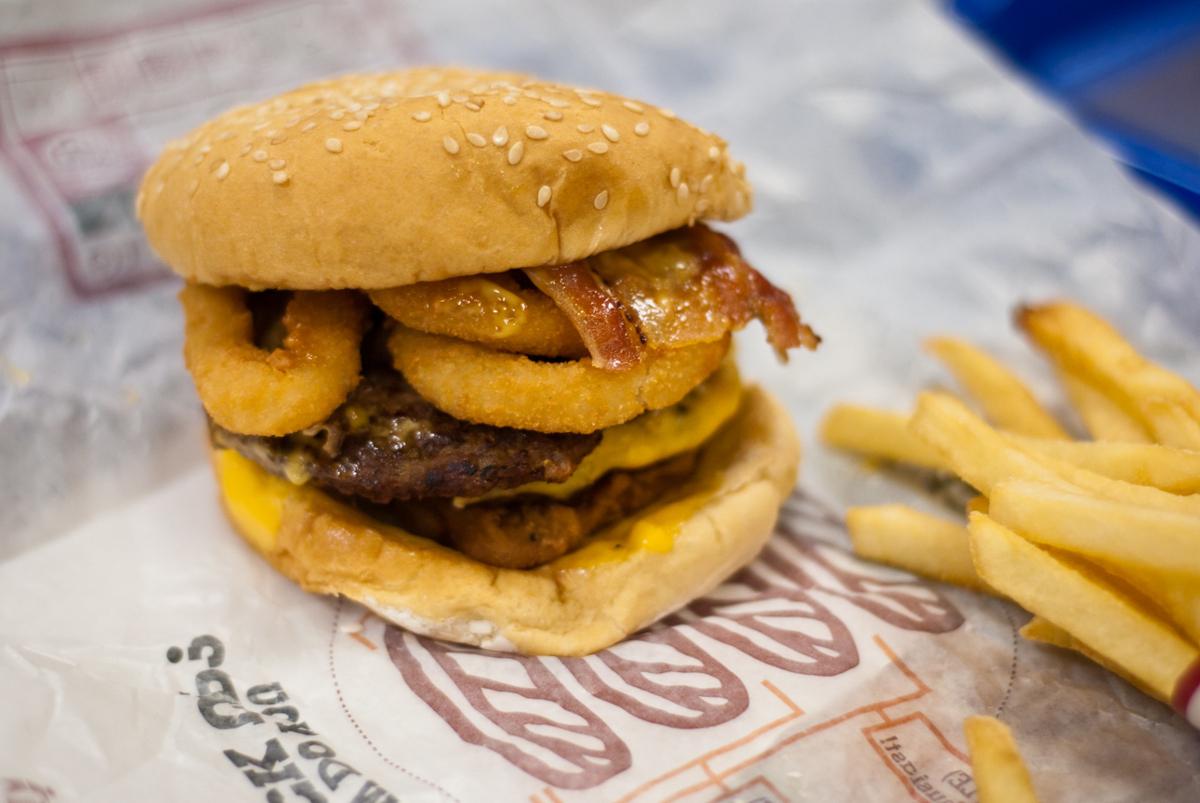Admit it: though you appear to turn down fatty foods with a stoical disregard, when nobody is looking you dive into a deep-dish pizza or graze on French fries with mayonnaise. It's okay: everyone does this.
An interesting question, though, is why? From an evolutionary perspective, you wouldn't expect an animal to have strong desires for a behavior that is unhealthy—such as eating high-calorie foods. They are bad for our hearts, bad for our blood, bad for our physique—and they taste great. Why? One answer is found in a careful examination of our evolutionary history. It's true that an unhealthy behavior will in general get weeded out across time, because the members of a species drawn to that behavior will not live as long and reproduce as much as the healthier ones. But something singular has happened in relatively recent human history: the development of culture.
We live today in a human-dominated world, but this was not always the case. As recently as ten or twenty thousand years ago, human beings had to fight for food, kill animals with only rudimentary tools, and run from ones we couldn't kill. Under these conditions a high-calorie meal is a great idea. Early humans needed as much quick energy as they could get every time they ate, because the next meal was uncertain and danger was much more commonplace.
The problem now is that we still have the evolutionary inheritance of those days: high-calorie eating feels good to us, even though for the mass of people it's no longer necessary—and, in fact, dangerous.









